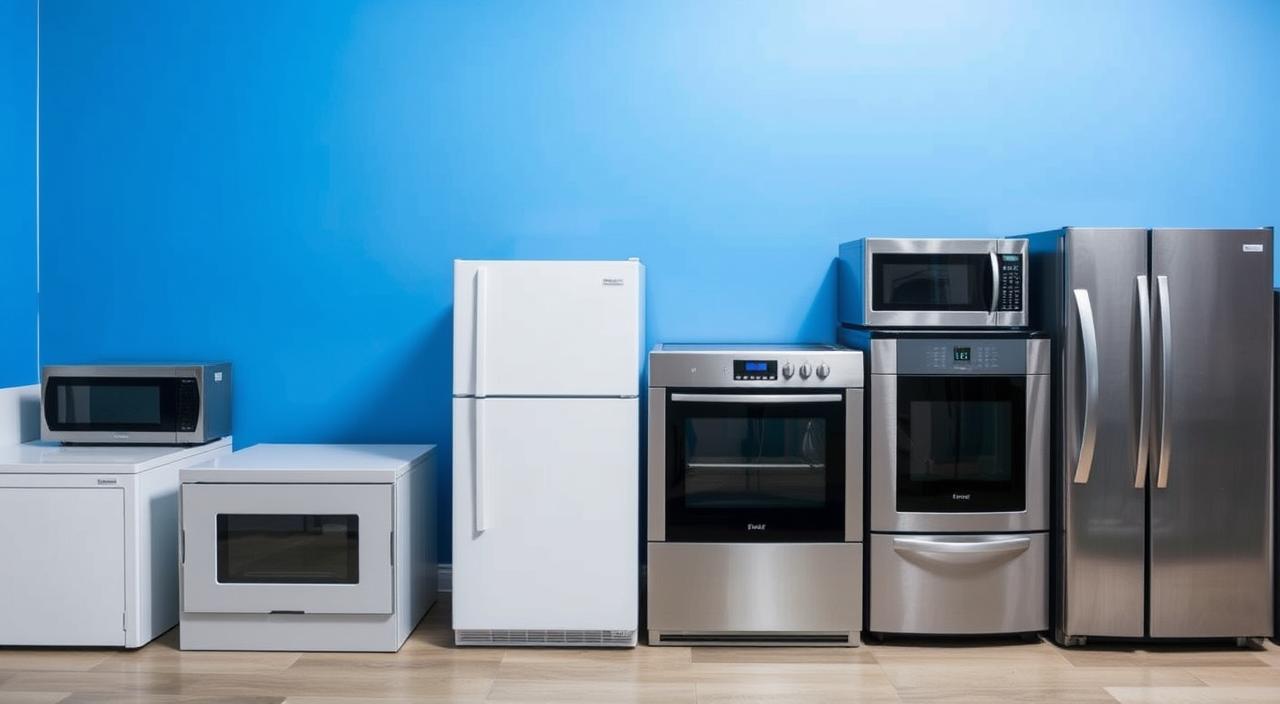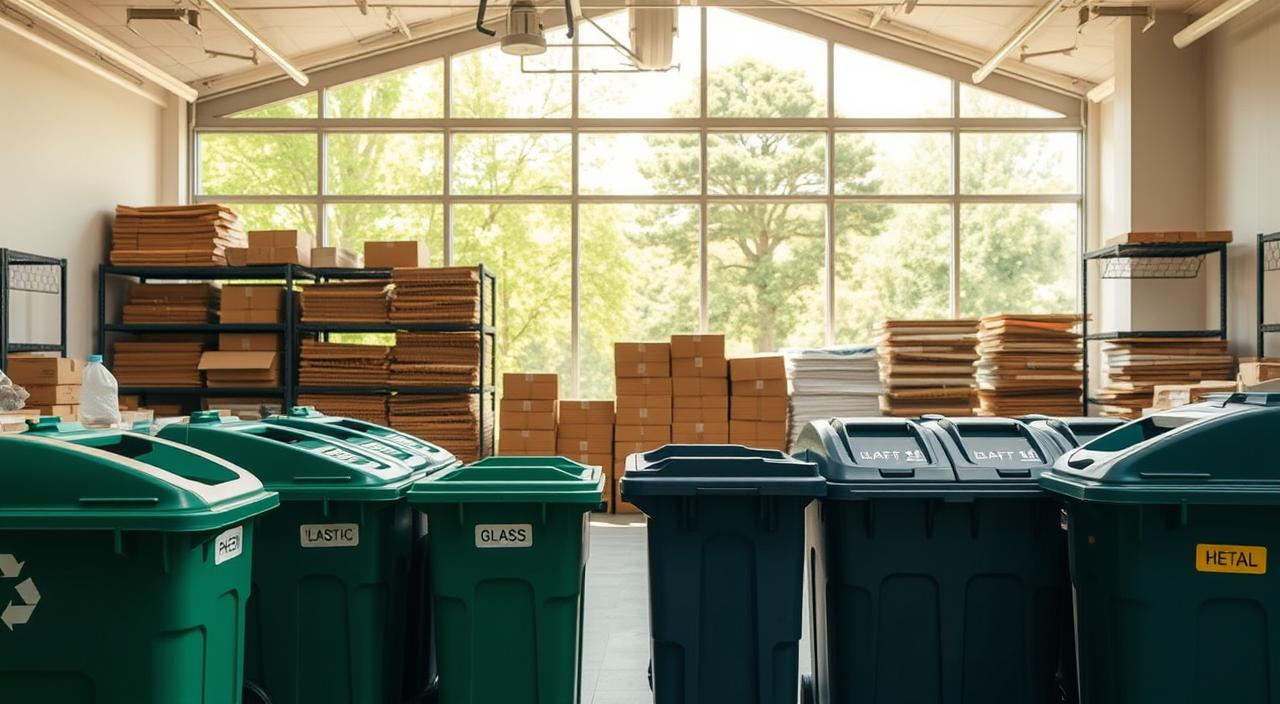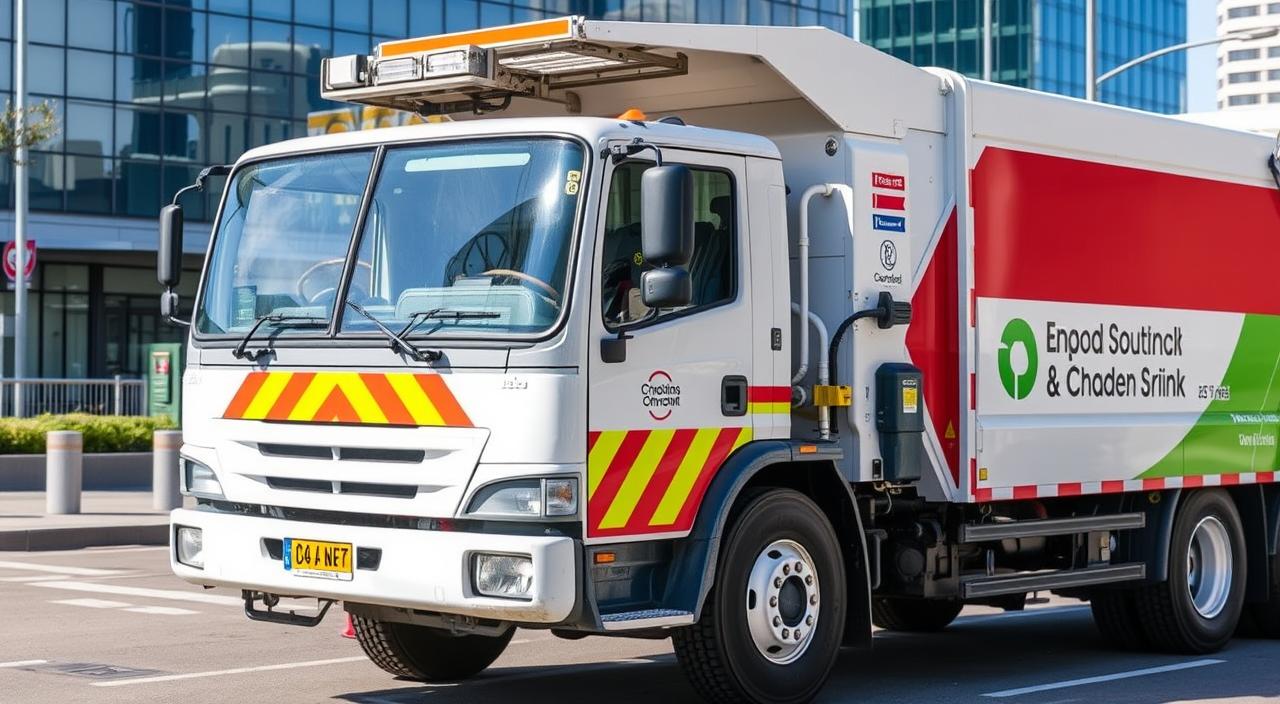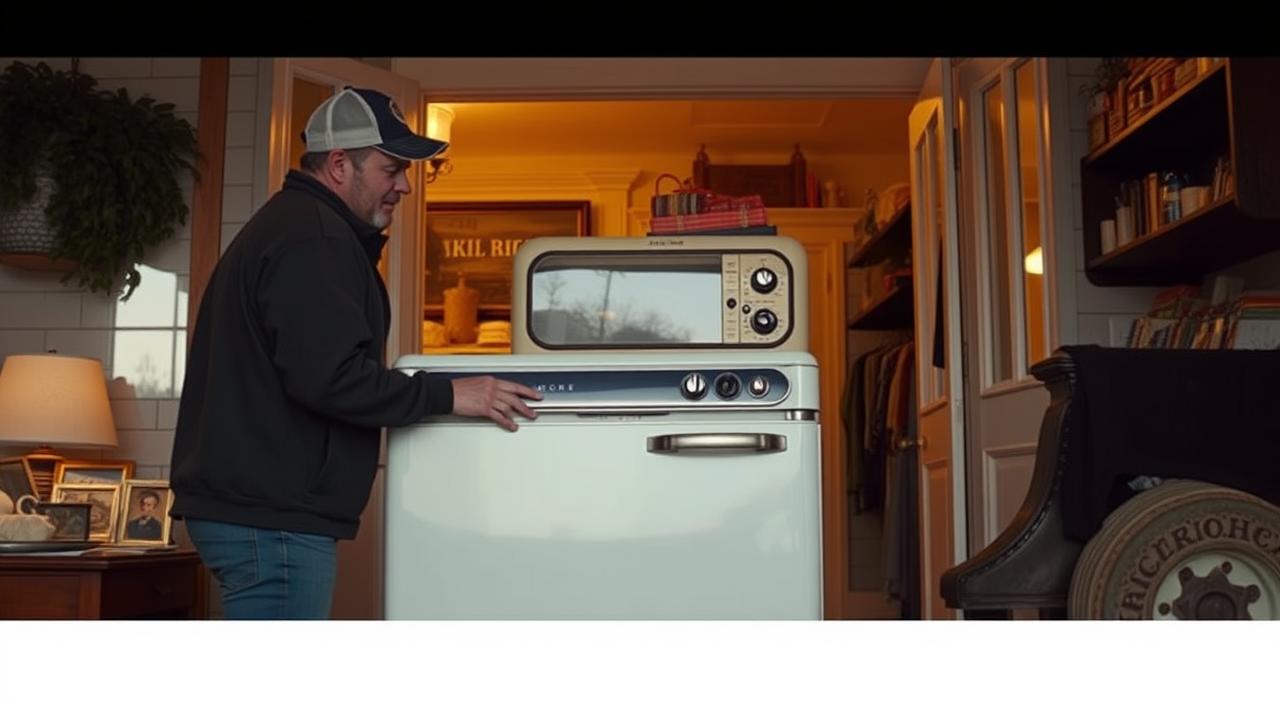
Getting rid of old household appliances isn’t as simple as tossing them out. Large devices like refrigerators, washing machines, and ovens often contain hazardous materials that can harm the environment if not handled properly. Beyond environmental concerns, improper disposal can also lead to legal penalties and unnecessary costs.

In this guide, we’ll explore the safest and most responsible ways to dispose of outdated appliances. Whether through council collection services, recycling centres, or retailer take-back programs, you’ll learn how to manage disposal efficiently while protecting the planet and staying compliant with the law.
Key Takeaways
-
Understand the environmental and legal implications of improper appliance disposal.
-
Explore available options for safe disposal, including council services and recycling centres.
-
Learn how to utilise retailer take-back schemes for your unwanted appliances.
-
Discover special considerations for disposing of different types of household appliances.
-
Recognise the benefits of proper disposal, including environmental protection and cost savings.
Understanding White Goods and Their Disposal Challenges
Understanding what constitutes white goods removal and their associated disposal issues is crucial for mitigating environmental harm. These include a range of large household devices that, when discarded improperly, can have detrimental effects on the environment.
What Qualifies as White Goods?
Major household equipment such as refrigerators, washing machines, and ovens are typically categorized this way. These items are generally large, electrical or gas-powered, and serve domestic purposes.
Why Proper Disposal Matters
| Appliance | Hazardous Materials | Recyclable Materials |
| Refrigerators | Refrigerants, Insulation | Metals, Plastics |
| Washing Machines | Oils, Heavy Metals | Metals, Copper |
| Ovens | Insulation Materials | Metals, Glass |
Responsible disposal is essential to prevent environmental pollution. Many of these appliances contain hazardous materials that can cause significant harm if not handled correctly.
-
Prevents harmful substances from contaminating soil, water, and air.
-
Enables recovery and recycling of valuable materials.
-
Non-compliance is illegal in the UK and can result in significant fines.
-
Contributes to a more sustainable future and reduces landfill burden.
Environmental Impact of Improper Appliance Disposal
The environmental impact of improperly disposing of household appliances is a pressing concern. They often contain various hazardous materials that, if released, can severely harm ecosystems.
Legal Requirements for Appliance Disposal in the UK
Understanding the legal framework for disposing of old appliances is crucial for UK households. The disposal of large household items is subject to specific regulations aimed at protecting the environment.
WEEE Regulations Overview
The Waste Electrical and Electronic Equipment (WEEE) Regulations play a pivotal role in managing the end-of-life treatment of electrical devices.
Council Bulky Waste Collection Services

Council bulky waste collection services provide a convenient solution for disposing of large household items.
Appliance Disposal Through Local Councils
Local councils offer a straightforward service for dealing with unwanted household appliances responsibly.
Household Waste Recycling Centres

Recycling centres across the UK provide essential services for disposing of large domestic appliances.
Retailer Take-Back Schemes
Retailer take-back schemes provide a convenient way to dispose of old items when purchasing replacements.
Disposing of Refrigerators and Freezers
Disposing of refrigerators and freezers requires special care due to the hazardous materials they contain.
Washing Machines and Dishwasher Disposal
As they reach the end of their lifecycle, washing machines and dishwashers pose specific disposal challenges.
Ovens and Cooking Appliance Disposal
Proper disposal of ovens and cookers is vital for safety and environmental reasons.
Reuse and Donation Options

Before discarding your old appliances, consider reuse and donation options to help reduce furniture and appliance waste.
Commercial Appliance Disposal Services
Businesses can utilise specialised services for disposing of commercial-grade household equipment.
Preparing Appliances for Disposal
Before disposing of appliances, it’s important to prepare them properly to ensure a smooth recycling process.
Handling Damaged or Hazardous Appliances
When dealing with damaged or hazardous devices, extra precautions are necessary during disposal.
Recycling Process for Large Appliances
Once collected, these items are processed to recover valuable materials and minimize environmental impact.
Conclusion: Responsible Disposal for a Greener Future
Properly disposing of white goods and large household appliances is a crucial part of building a sustainable future. Every time you recycle an old fridge, washing machine, or oven, you help conserve valuable materials, reduce landfill waste, and lower environmental pollution.
By using council collection services, participating in retailer take-back programs, or donating working appliances, you’re actively contributing to a circular economy. As more consumers make responsible choices, manufacturers are also designing products with easier recycling in mind — creating a cleaner, greener future for everyone.

 CALL NOW
CALL NOW